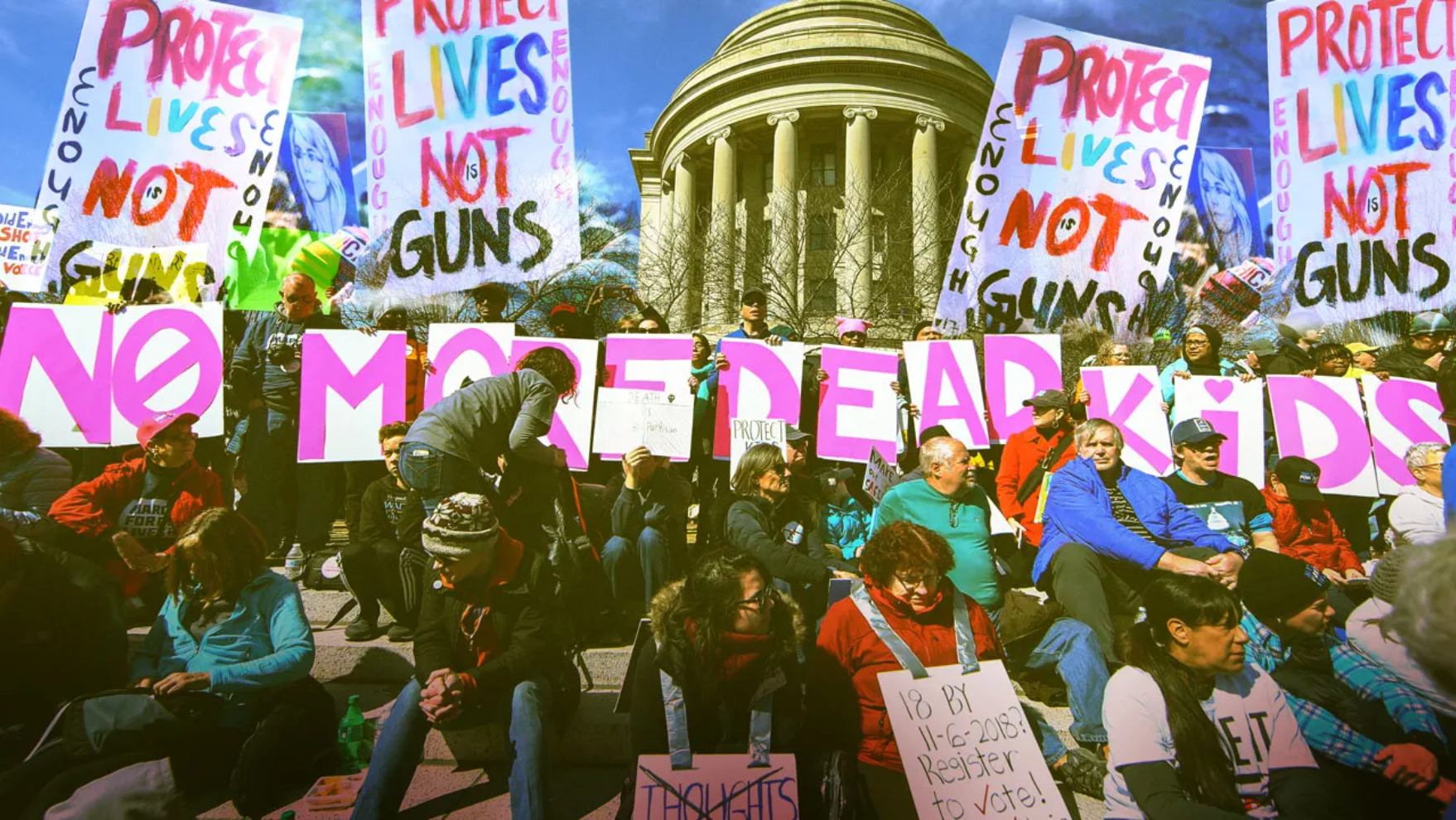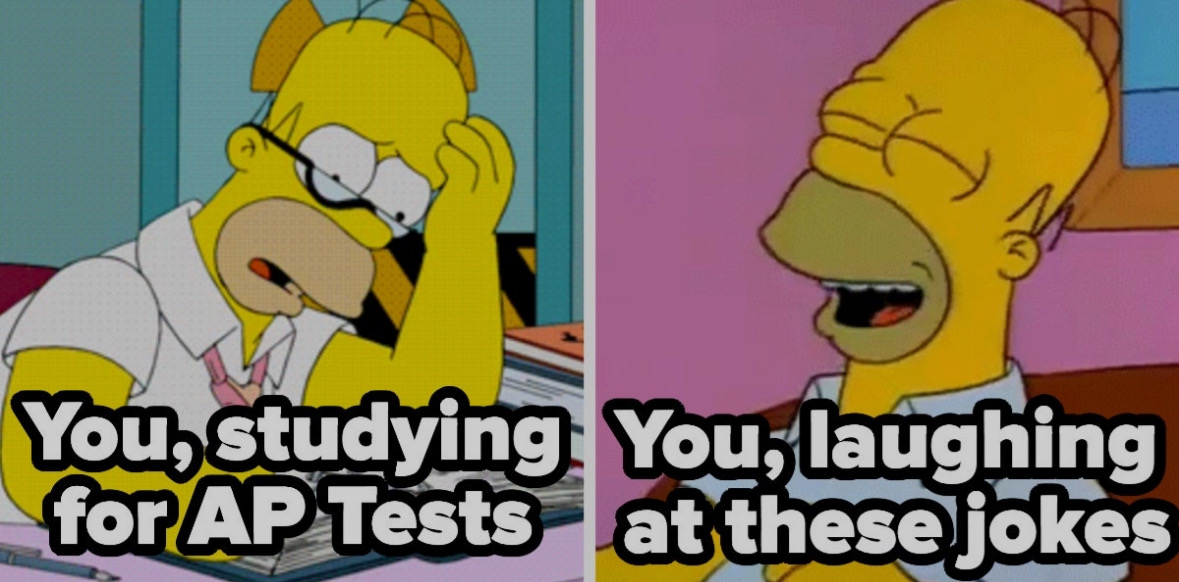In 1787, Founding Father Gouverneur Morris wrote “In order to form a more perfect union” within the Preamble of the Constitution as a guiding principle and objective for the creation of the representative democracy we now call the United States of America. This quote represents more than words on paper or a story in a book; it embodies a predestined hope carried through each generation, indifferent to the status quo. It is what every citizen has the opportunity to determine upon their 18th birthday, given their new civic privileges. But why wait until 18? Independent journalist Paul Wilke contends, “Democracies are dynamic but also unstable, requiring constant care and attention from the citizenry.” He couldn’t be more right.
It is arguably the most important time in our generation for our youth to be civically engaged. The prevalent civic unrest throughout society is a blatant representation of the shifting status quo and failing power structures. Who or what will replace them? Can we continue to rely on our predecessors and their outdated beliefs? No, absolutely not. This is why it is crucial for our youth to be informed about the democratic process. Often, when we think of the democratic process, we think of voting and the election of public officials. While voting is a fundamental aspect, it is largely exaggerated and politically distorted due to partisan conflicts within our two-party system. Beyond voting, there are other elements of the democratic process that have greater influence on youth, such as student activism, community organizing, and more. But before participating, one must become aware of the issues within their communities and society at large.
A large part of civic engagement means being aware. As members of our communities, we must be mindful of the issues that impact us. Keeping up with current policies and bills that affect our communities is the first step towards making change. The next step is to get involved. There are many ways to contribute, starting with volunteer work. If you believe a candidate could bring meaningful change to your community, consider volunteering for their campaign. Phone banking (telephone outreach), door-to-door canvassing, and fundraisers are all ways young people can make their voices heard. Another way young people can make their voices heard is by attending school board and city council meetings or through non-profit work in local communities.
Though it is conventional to use elected officials as proxies for our voices, we don’t always have to, especially when it concerns issues directly relevant to youth.
In 2018, after the Stoneman Douglas High School Shooting, a group of students created an organization called March For Our Lives. This organization, run by students, broke records for the largest youth-led protests in 50 years. They protested right in the heart of our nation with guests like Miley Cyrus, Ariana Grande, and the granddaughter of Dr. Martin Luther King Jr. This initiative has led local student groups to protest in their communities to put pressure on their local officials. In 2023, March For Our Lives worked with the Biden Administration to create the White House Office of Gun Violence Prevention. This isn’t to say that the only way to make change is through activism, but as the youth of America, it is essential to ensure that local politicians are aware of issues that we face.
As the next generation of leaders, young people must recognize that their power extends far beyond voting. As we inch closer to the climax of this year’s election season, we encourage the youth to stay informed, get involved, and take action so that they may shape the future of democracy and ensure that their generation’s voice is heard.







